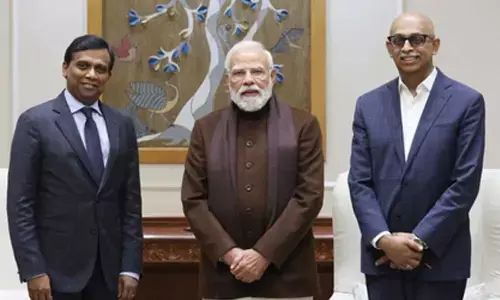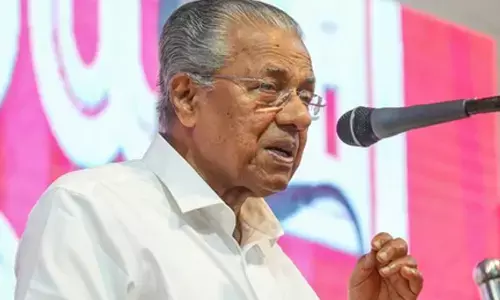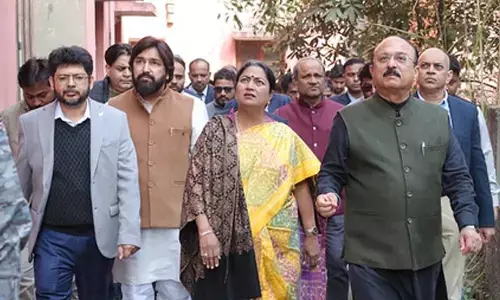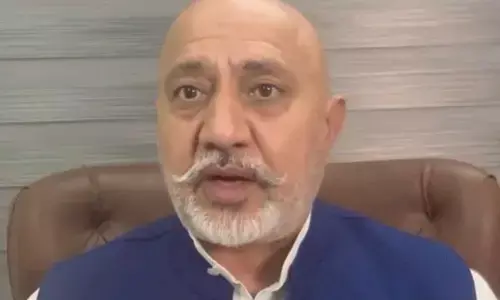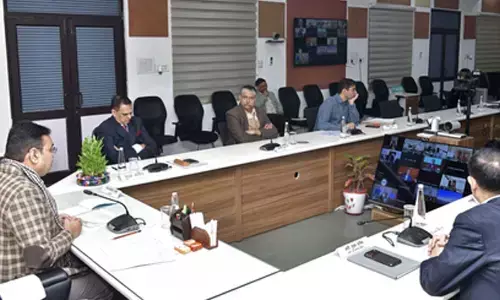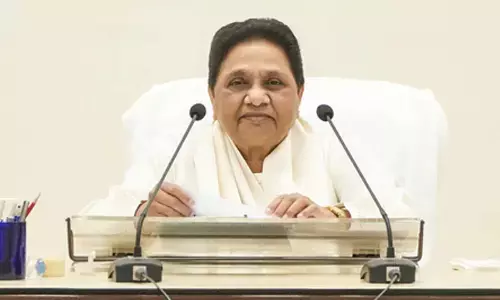Indian legal fraternity will 'benefit' from foreign expertise
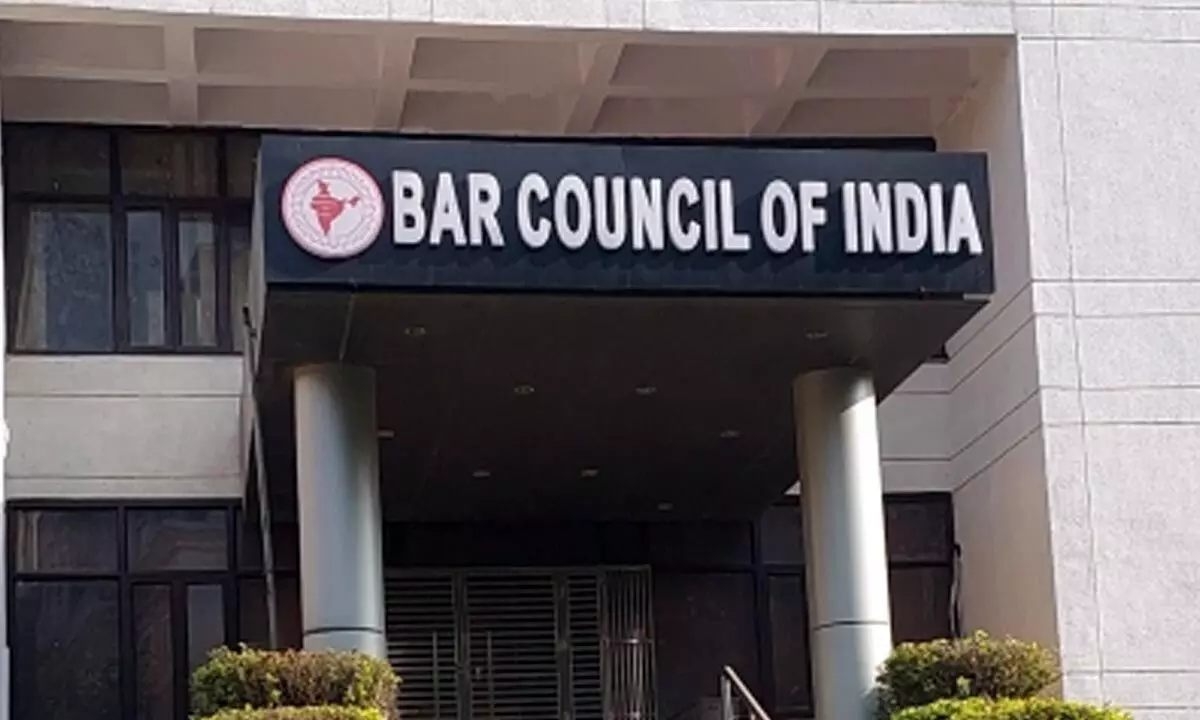
Bar Council of India
Eminent international law professor Dr. V. Balakista Reddy in his initial reaction to the Bar Council of India’s decision to allow foreign lawyers and law firms to practice law in India said on Thursday that it was restricted to international law and international arbitration issues
Hyderabad: Eminent international law professor Dr. V. Balakista Reddy in his initial reaction to the Bar Council of India's decision to allow foreign lawyers and law firms to practice law in India said on Thursday that it was restricted to international law and international arbitration issues. The BCI allowed them on the principle of reciprocity and it will be governed by the new rules notified on Thursday.
He said, as India is an original member of the earlier GATT and the present WTO, it has an obligation to implement WTO / GATS agreements. Though the Government of India earlier tried to implement the agreements and allow foreign lawyers, it couldn't be materialise due to resistance and court orders. Until recently, the apex court did not allow foreign lawyers and law firms to practice in India through various judicial decisions. However, any nation that is a member of any international treaty has to implement the treaty obligations in good faith (pacta sunt servenda). Finally, with today's decision, India fulfilled its international commitment.
When it comes to the pros and cons of BCI's decision, he said, the Indian legal fraternity will benefit from foreign expertise: Now, many arbitrations on commercial disputes in India are happening abroad. With this decision, they can be settled here; global competition helps improve legal standards and the quality of legal services in India.
However, the major challenge would be foreign degrees and their recognition, which may lead to monopoly of a few firms and individuals in the legal profession.
Dr. Reddy said there may be conflicts with the existing laws and rules, including the Advocates Act.
"In a globalised world where independent nations are more and more interdependent, it is inevitable to open up the legal profession as well. Not allowing also leads to international consequences. The legal profession in the country has to gear up and make this challenge an opportunity."








